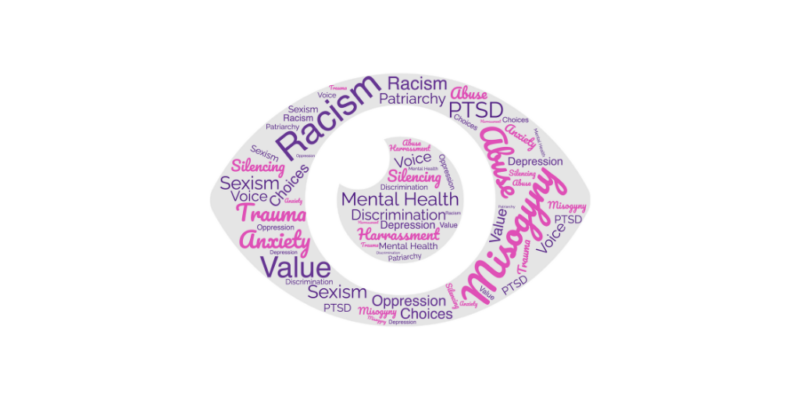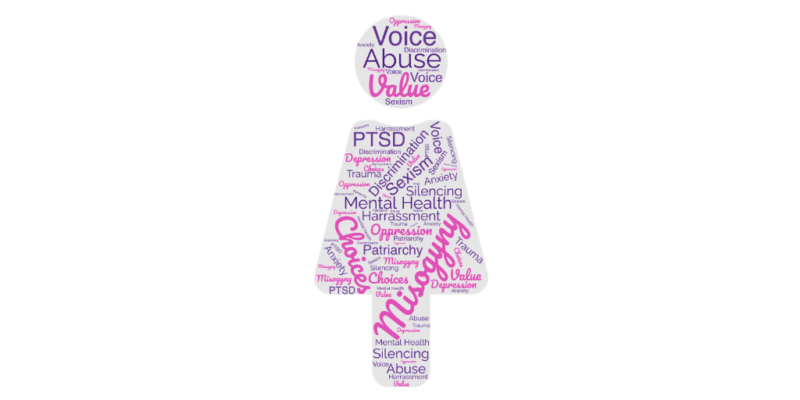The paradox of internalized misogyny is that women that perceive less sexism, women that don’t think sexism exists, have a higher level of internalized misogyny. Women that voice sexism-denying opinions do so based on their own perceived experience. The key here is understanding that perception does not necessarily reflect the reality of the environment. Some women claim “I am not oppressed” to make a statement of empowerment, refusing the label of victim. When reviewing the data, this view may reflect a denial of reality rather than a truly grounded and embodied sense of empowerment.
A study published in the journal Counseling Psychologist reported that internalized misogyny is an inversely related moderator of the perception of sexist microaggressions. This means that women reporting more sexist microaggressions have less internalized misogyny and women reporting less sexism have more internalized misogyny. The study offers that one possible explanation is that the perceptibility of sexist microaggressions may be masked by internalized misogyny.
This new finding is consistent with the original Feminist Identity Development Model (FID) by Downing & Roush, developed in 1985, and later research published in the Counseling Psychologist titled Perceived Sexist Events and Feminist Identity Development Attitudes: Links to Women’s Psychological Distress. This study found that women that are more progressed in their feminist identity have lower internalized misogyny and have higher awareness of sexist microaggressions.
There are a wide range of nuanced opinions on the status of sexism, misogyny and gender-based discrimination in our world. Some believe these things exist in other countries, but that women in the United States have it pretty good. Some think that these are things of the past, a history to be understood. Others think it is getting better. In the most extreme cases, women assert claims that they do not think sexism and misogyny exist. None of these beliefs are not in line with the current research on the state of sexism within our society.
While these beliefs may reflect a lack of current knowledge on the subject, they can also be understood to be a reflection of how the dynamics around sexism, misogyny and gender-based oppression have evolved and changed. Laws, human resources departments, Title IX coordinators and modern social standards of behavior have taken overt sexism underground into a more subtle, and maybe even more dangerous form. Women continue to be oppressed, causing physical and mental health damage.
Another study supporting a link between sexist beliefs, beliefs that would be found in someone with internalized misogyny, and lack of awareness was published in the Psychology of Women Quarterly, Seeing the Unseen: Attention to Daily Encounters With Sexism as Way to Reduce Sexist Beliefs. It suggests that women who endorse sexist beliefs lack awareness of the more subtle forms of sexism. They just don’t notice and when they do notice, they discount the incidents.
Internalized misogyny harms a woman’s mental health, relationships and our society. The lack of mindfulness in relation to sexism and the resulting levels of internalized misogyny in women is an important issue that needs to be addressed at multiple levels, including at an individual psychology, within our mental healthcare system, and the related issues of social justice.


